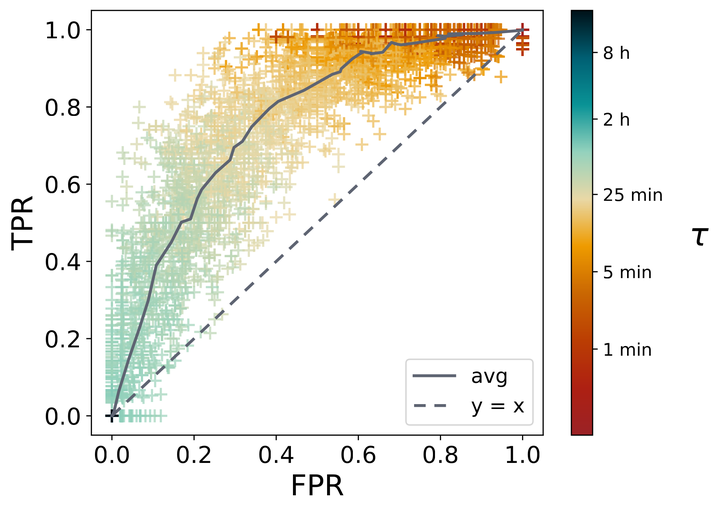
Abstract
The microbiota is the ensemble of microorganisms inhabiting the human body and it deeply influences human health and well-being. Recent studies showed its interplay with social behavior, suggesting that part of the microbiota might be socially transmissible. In this work, we investigate the association between close-range proximity and the oral microbiota composition in a group of children attending primary school. Unlike most related studies, our cohort comprises non-cohabiting individuals, and we use high-resolution proximity sensors to objectively measure social interactions. Our analysis shows that prolonged interactions between children pairs correlate with a higher similarity between their microbiota. These findings complement what is known for co-habiting individuals, suggesting that microbiota might be transmitted in social settings.